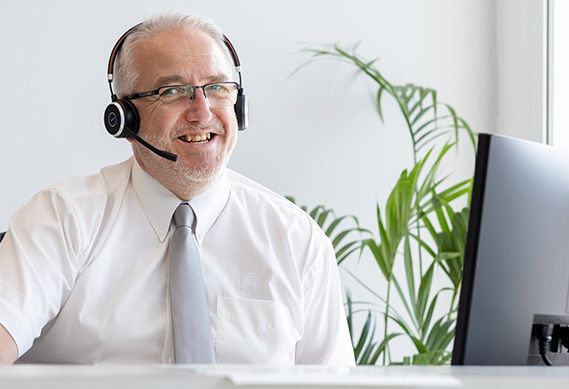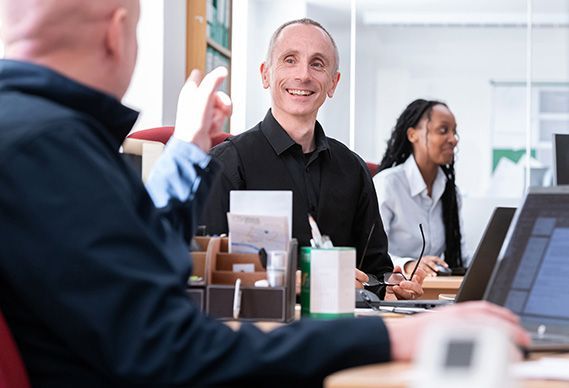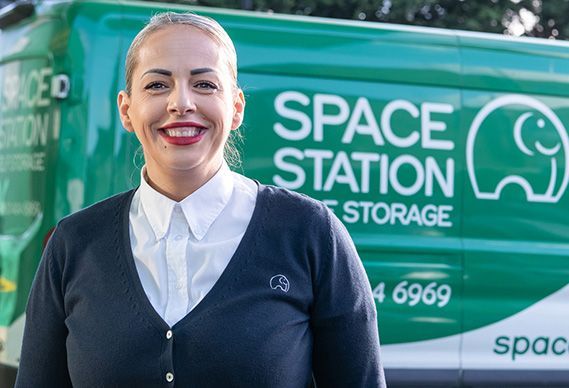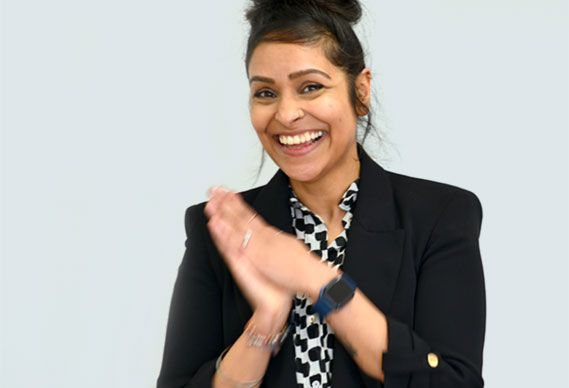The importance of Pride, told by Dean
Position: IT Technician
Time at Space Station: 13 years
June is Pride month in the UK. It’s hard to miss, as companies change their logo’s to rainbow versions, and pride parades and marches happen across the country (some of these take place at other times of the year too). It’s also something quite close to my heart – I’ve been attending Pride marches for over 20 years now. For those who don’t know – Hi I’m Dean, I’m a proud member of the LGBTQ+ community and I’m super queer. I got married to my husband just over a month ago, after almost a decade together.
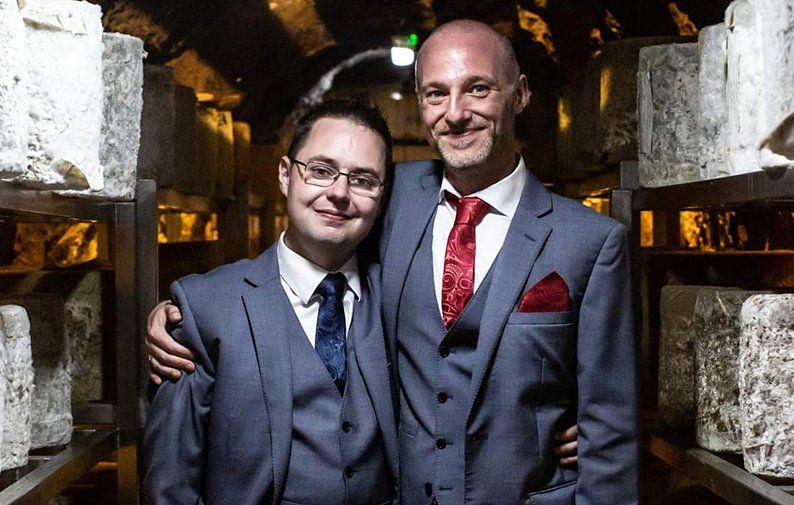
So, what is Pride?
Pride is a celebration of people coming together in love and friendship, to show how far LGBTQ+ rights have come, and how in some places there’s still work to be done.
Pride month is about acceptance, equality, celebrating the work of LGBTQ+ people, education in LGBTQ+ history and raising awareness of issues affecting the LGBTQ+ community.
Pride – a bit of history!
Where did it come from?
It all started with a riot.
In the early hours of 28th July, 1969, police raided a gay bar in Greenwich Village, New York - the Stonewall Inn. Raids of this kind were not uncommon (there was about one a month), and police violence was a regular occurrence, but this time, the patrons had had enough.
While there were various organisations already fighting for LGBTQ+ rights, it was the Stonewall riot that really kickstarted everything. A year later, to mark the anniversary of the riots, the first gay pride marches took place in four different American cities.
Since the 70s, Pride has grown into a major event and spread across the world. They have gone from small events and marches to huge parades and parties.
What has it done?
Rights have changed massively for LGBTQ+ people in the UK since the end of the 60s. From the Sexual Offences Act 1967 decriminalising sex between two men over 21 and ‘in private’, to same-sex marriage being legalised in Northern Ireland in 2020, the world is a different place from when I first came out over 20 years ago. It’s a little brighter and much more colourful.
Why do we still need pride?
This is a question I hear regularly, from all sorts of people. I can’t deny that things are much better now than they were when I started marching, but there is still a lot of progress to be made.
When I went to my first pride in 2001, schools were still banned from talking about LGBTQ+ people.
Same sex partnerships were not legally recognised until 2004, when Civil Partnerships were made available, and same sex Marriage wasn’t legal in England until 2014. I got married tin 2022. It was the most amazing day of my life – partly because for most of my life, I didn’t think it would ever be possible.
So that’s good.
But if things are much better, why do we still need pride? Is it just a big party now?
Pride is a celebration, sure. It’s a celebration that we made it through another year, that we are still here. It’s a reminder to everyone that we aren’t going anywhere. It’s a demonstration that it’s ok to be who you are, that there is support out there if you need it. It’s a sign to the world that we exist, we are normal, we are your siblings, your children and your parents, your friends and colleagues. It’s also a protest. It’s always been a protest.
And we will still need it for many years to come.

